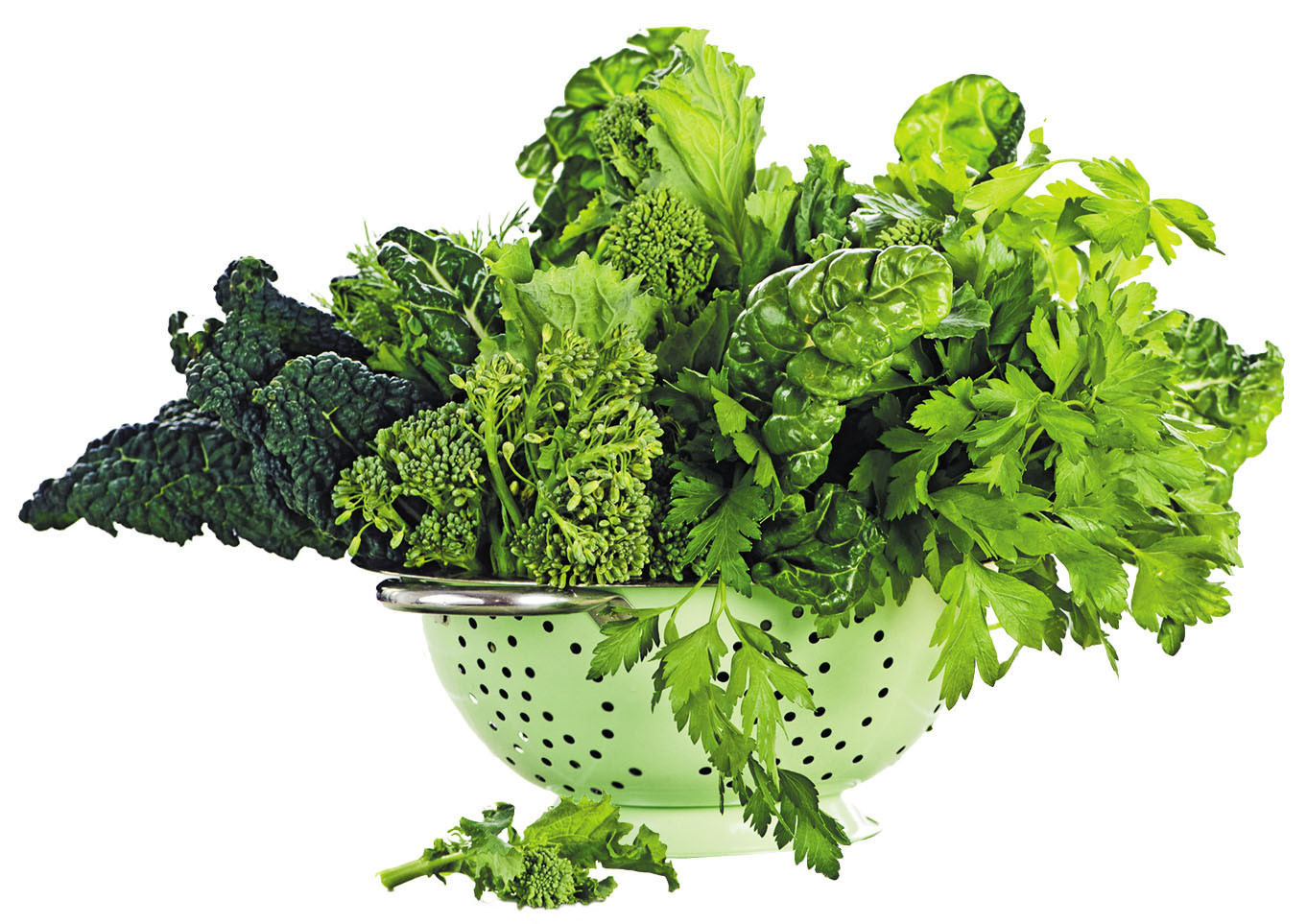
Counting steps is good — is combining steps and heart rate better?

Appendix pain: Could it be appendicitis?

Can saw palmetto treat an enlarged prostate?

How does Ozempic work? Understanding GLP-1s for diabetes, weight loss, and beyond

Zinc: What it does for the body, and the best food sources

Respiratory health harms often follow flooding: Taking these steps can help

Tips to leverage neuroplasticity to maintain cognitive fitness as you age

Can white noise really help you sleep better?

Celiac disease: Exploring four myths

What is prostatitis and how is it treated?
Nutrition Archive
Articles
Seafood suggestions for heart health
Experts recommend one or two servings of fish per week. But healthy vegetarian meals are a good alternative.
Image: © amriphoto/Getty Images
Eating fatty fish such as salmon, tuna, or mackerel at least once a week may help prevent heart attacks and other serious cardiovascular problems. That's according to a recent scientific advisory from the American Heart Association, which reaffirms a long-held observation about the health benefits of seafood.
You'll potentially reel in the biggest benefit if you replace less healthy foods — such as red meat or processed meats — with seafood entrees. For example, choose salmon over steak, and swap the ham on your sandwich for tuna.
Vegetable of the month: Leafy greens
Image: © Elenathewise/Getty Images
A salad is a great way to meet your daily vegetable requirement — just toss a few of your favorite veggies together with lettuce or other greens. Most grocery stores sell a variety of salad greens (separate or mixed), prewashed and bagged for convenience. Arugula and watercress are peppery, dandelion and escarole are bitter, mâche and iceberg are sweet, and a green called tatsoi has a mustard flavor. Baby spinach is another popular option.
The USDA recommends two to three cups of vegetables per day for adults. But because greens aren't very dense, it actually takes about two cups of raw greens to make the nutritional equivalent of a one-cup serving of vegetables.
Your health through the decades
These strategies keep you healthy and safe through your 60s, 70, and 80s.
Image: © kali9/Getty Images
After age 60, men tend to get thrown together — the so-called 60-and-older group — even though most are quite different in terms of their health.
"While many men are still very fit well into their 60s, 70s, and 80s, others face health challenges and chronic diseases that make daily living difficult," says Dr. Howard LeWine, assistant professor of medicine at Harvard Medical School.
Warning labels using images may steer consumers away from sugary drinks
Research we're watching
Image: © weiXx/Getty Images
Pictures may be more effective than words in helping consumers make healthier choices. A new study, published online June 18 by Psychological Science, found that using warning labels that included photos to outline the health risks of sugary drinks appeared to be more effective than written warnings in encouraging people to choose healthier drinks.
Researchers tested two different types of warnings for sugary beverages: warnings with photos and text, and text-only warnings. The warnings were placed near bottled and fountain drinks in a cafeteria at a Massachusetts hospital at different times. During the study period, there were more than 20,000 drinks sold.
Ask the doctor: Coconut oil and health
ARCHIVED CONTENT: As a service to our readers, Harvard Health Publishing provides access to our library of archived content. Please note the date each article was posted or last reviewed. No content on this site, regardless of date, should ever be used as a substitute for direct medical advice from your doctor or other qualified clinician.
Q. I have started noticing more coconut oil at the grocery store and have heard it is better for you than a lot of other oils. Is that true?

Counting steps is good — is combining steps and heart rate better?

Appendix pain: Could it be appendicitis?

Can saw palmetto treat an enlarged prostate?

How does Ozempic work? Understanding GLP-1s for diabetes, weight loss, and beyond

Zinc: What it does for the body, and the best food sources

Respiratory health harms often follow flooding: Taking these steps can help

Tips to leverage neuroplasticity to maintain cognitive fitness as you age

Can white noise really help you sleep better?

Celiac disease: Exploring four myths

What is prostatitis and how is it treated?
Free Healthbeat Signup
Get the latest in health news delivered to your inbox!
Sign Up











